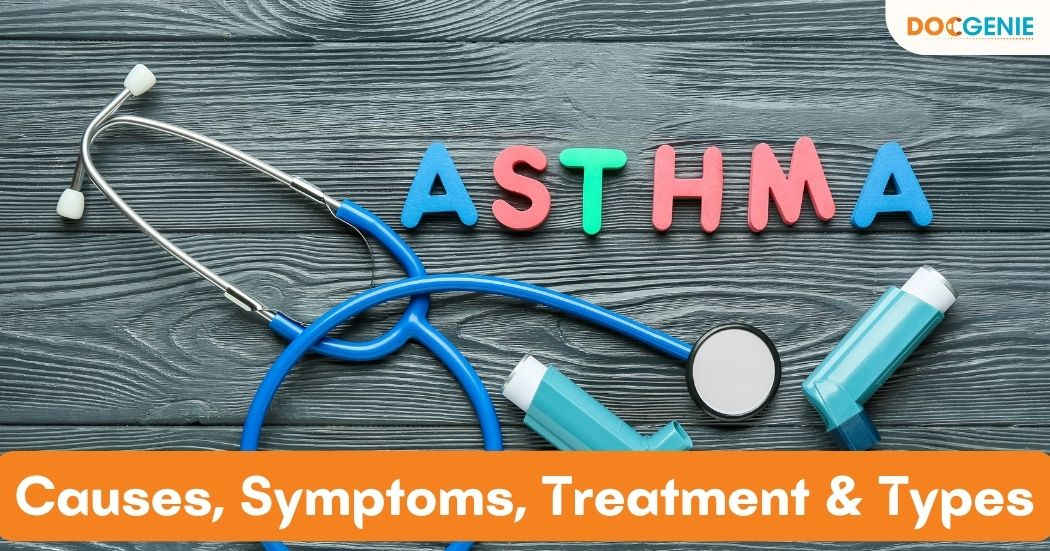Drink Sensibly Or Don’t Drink At All!
5 min read
By DocGenie , Published on - 12 September 2020Written by Dr. Roshan Jain (MBBS JJMMC Karnataka, MRCP Psychiatry UK, MMedSc Univ of Nottingham,UK), one of the best psychiatrists in Bangalore.
Alcohol is one of the most toxic substances known to man. It's one reason why medical doctors ask for a patient's alcohol history and offer advice on reducing intake. A psychiatrist is adept at assessing the volume/units of alcohol intake and can provide appropriate intervention(s). However, it uncertain if other medical specialists are aware of the recommended safe alcohol drinking limits.
Equally, people should also be aware of their alcohol intake in order to improve their drinking patterns. This can happen when we all are aware of units of alcohol, the volume of alcohol in various drinks and the sensible drinking advisory.
Some studies indicate that a small amount of alcohol is good for the heart! But it’s clear that excess intake brings with it a host of health and social problems. Paracelsus, the father of Toxicology, said, “The dose makes the poison”. Anything done in limit is healthy but then setting an arbitrary limit that will apply to all is difficult.
In a world of excesses, it has become impossible to know how much is too much. Exhibiting bravado during drinking is commonplace.
Why worry about drinking?
Alcohol is one of the most toxic substance known to man. Yet legally sold and commonly consumed. Studies suggest alcohol is linked to more than 60 types of diseases and injuries. For e.g. alcohol is a risk factor for oesophageal cancer, liver cancer, cirrhosis of the liver, stroke, psychiatric illnesses including suicide, motor vehicle accidents, and homicide.
According to the Indian Alcohol Policy Alliance, alcohol intake is on the rise across the world. It is a growing a public health concern. Since 1980’s there has been a steady increase in consumption in developing countries, including the prevalence of drinking to intoxication.
Officially, Indians are still among the world’s lowest consumers of alcohol. Government statistics show only 21% of adult men and around 2% of women drink. Worryingly, over half of all alcohol drinkers in India fall into the criteria for hazardous drinking. About 15-20 % of these will develop addiction or alcohol dependency syndrome.
Further studies suggest a rapid change in patterns and trends of alcohol use in India. People are starting to drink at a younger age than before (age 13 compared to 19, over past two decades). They are drinking more frequently and heavily. Over 90 per cent of alcohol consumption is hard liquor or distilled spirits. Recent research from the state of Karnataka found young women consumed similar amounts of alcohol to young men on any typical drinking occasion.
The blame game!
The Government pointed towards powerful international and domestic alcohol lobbies purposely targeting the young. These multinational corporations identified India’s vast unexploited market for investment in production and distribution of alcohol product. Despite a ban on advertising of alcoholic drinks, surrogate advertising is rife. Bollywood has repeatedly glorified drinking by showing good guys drink and associating good times with intoxication.
Counting your drinks?
In 1981, the UK Health Departments published the booklet titled ‘Drinking Sensibly’, which provided a definition of alcohol misuse and introduced the concept of sensible drinking. In 1984, 'That's the Limit' provided guidance on individual drinking and outlined “safe limits” for drinking. By 1987, the Government of UK adapted above recommendation from Health Council, Royal College of Physician and Psychiatrist and stated: “the Government does not wish to discourage the sensible consumption of alcohol but is committed to reducing alcohol-related harm”.
A further report in 1995 formed the basis of quantifying alcohol volume in units and individual drinking guidelines (21 units a week for men and 14 for women) for people who want to avoid risk to their health.
Updated Safe Limits
Current guidelines on alcohol consumption issued by the United Kingdom’s chief medical officers (Jan 2016) state that there is no safe level of alcohol consumption. If you choose to drink, then advisory aims to keep “health risk low”. It is an update on previous ones set in 1995, which set the limit for men at 21 units or less of alcohol per week and 14 units for women.
The amended advice states that men should not consume more than 14 units of alcohol per week, while the total recommended for women remains unchanged at 14 units. Importantly, the advice tells people to avoid daily drinking with the intake to be no more than 2.5 units on any given day.
Units are a fundamental concept used in alcohol guidelines. Approximately, one unit equates to a 25 ml measure of spirits like whiskey, or half a pint of regular strength (4%) beer, 100 ml of 10 % wine. Therefore “large” peg of whiskey just has over two units; a can of regular beer has about 1.5 units; and175 ml glass of wine contains two units.
Awareness of alcohol consumption and associated health hazards, as well as sensible drink limits, may help individuals contain and even reduce their intake. Similarly, quantification of alcohol consumption will enable professional to offer appropriate guidance on changing the pattern of drinking. Equally, there is an urgent need for programs on public education on alcoholism and the peril of hazardous drinking.
Ideally avoid alcohol altogether. But if you must then drink sensibly, enjoy it, “drink the drink, and don’t let it drink you”!
Also read: Coping with addiction during Covid
About the Author
Dr Roshan Jain is one of the best psychiatrists in Bangalore. He is a UK qualified specialist with extensive experience in psychiatry, addictions, psychotherapy, teaching and motivational work. Based in Bangalore (India), he offers in person-centred mental health evaluation and interventions. He has worked tirelessly in reducing the stigma associated with mental health problems through speaking events and mental health awareness education, workshops & publication.
DocGenie is an online telemedicine platform that provides you quality healthcare from the best doctors in the comfort of your own space. On DocGenie, you will find a select few, highly-qualified doctors, unlike other online platforms with thousands of doctors. So you can be assured of receiving excellent, honest, personalized care from the best professionals.



